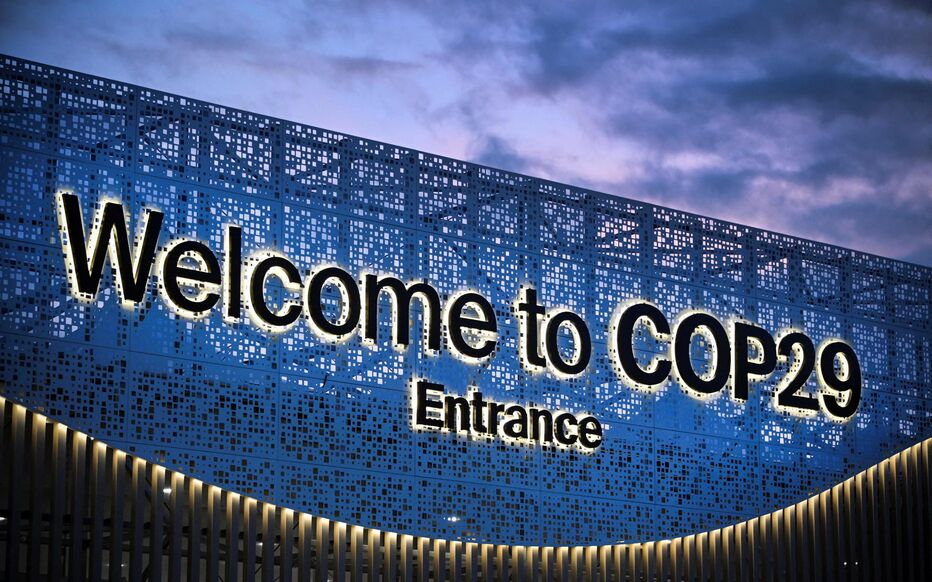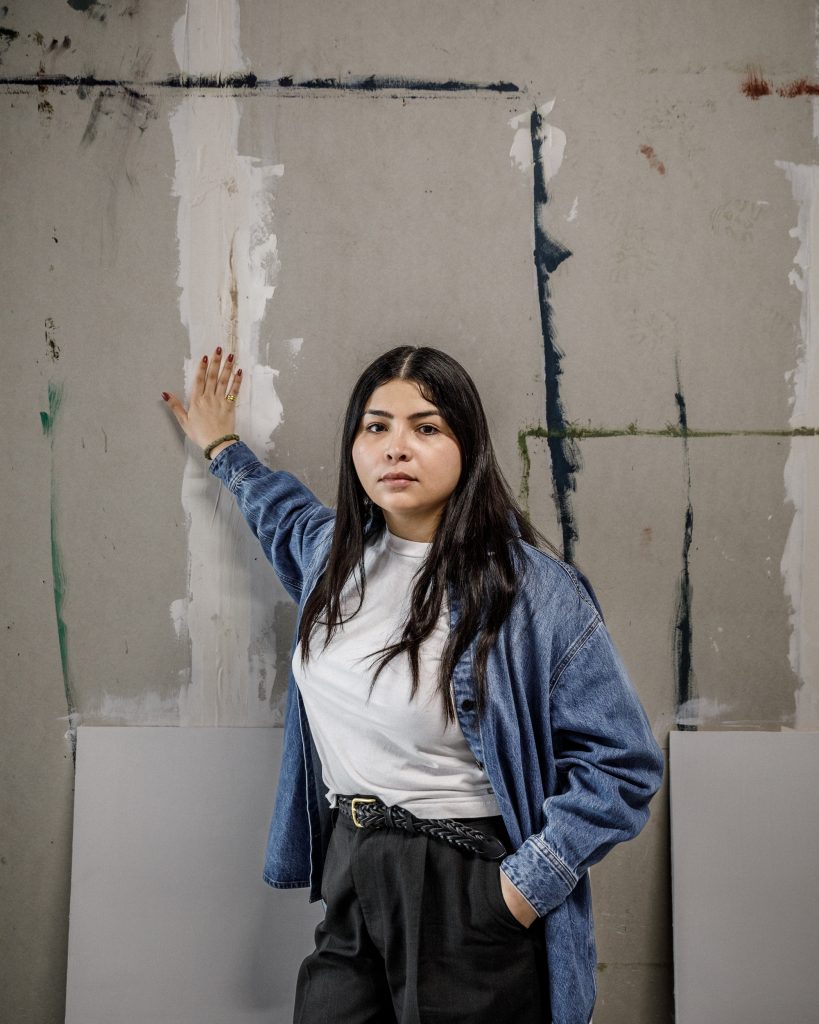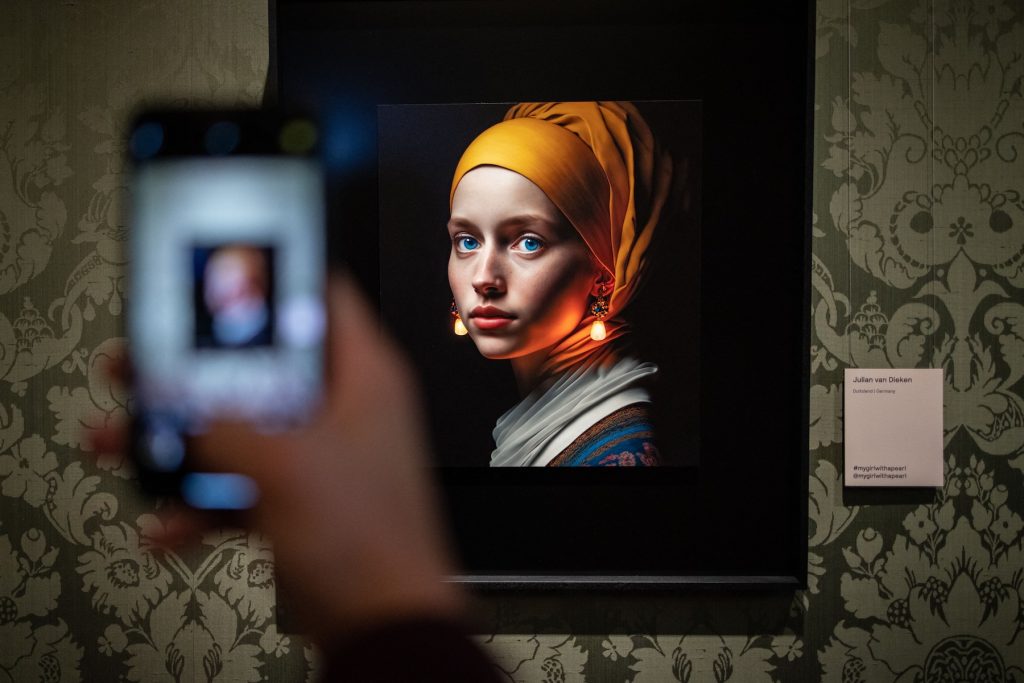How to live better with what surrounds us by taking the time to understand who we are and what we see. Not to feel dissociated from nature but to look at it as if it was inside us, with us in this walk that is life. She also talks about the art of communicating well and about the Imperial College Speakers Toastmasters where seminars are given to learn to speak better and be more confident. Finally, she remains very optimistic about the means available to man to live better, to live well. And to take more time for the essential and elementary things that are close to us. A gentle interview that gives solid answers to many of our current questions about nature and ecology.
Propos recueillis par Adrien Maxilaris pour Relief
Relief : Hi Katia, can you introduce yourself in a few words ?
Katia Hougaard : My name is Katia Hougaard and I am a plant biologist.
I received my undergraduate degree in plant biology from the University of Texas at Austin and a research master’s degree in molecular plant sciences from Imperial College London. My current PhD project focuses on the physiological and genetic basis of innate plant resistance to aphids. I have lived in the UK and the US, and currently reside in the UK. And I have been actively involved in plant biology research for the past 10 years.
We are at a time when we talk a lot about ecology.
The fact of respecting a little more the nature whereas we lived years by consuming too much and badly push a part of the population to rethink how to live more in adequacy with the nature Is it the same thing that happened in the early 70’s or is the way of thinking that we see nowadays more real and more successful?
What is your opinion?
I think the ecology movement today is better than the once in the 1970’s. Today, there is more of an ecomodernist attitude rather than one of tradition versus technology.
We also see a lot of themes developing to reduce our consumption of everything.Can botany and plant biology help us in this direction?For example, can we use less water for watering or are there plants that would optimize water resources?
There is a lot of plant biology and agricultural research investigating how to make plants more water efficient. On the research side, we are looking into how to make plants more drought tolerant via genetic modification and selective breeding. On the agricultural side, people are exploring how to use water in irrigation more efficiently. The biological side and the technological side must work together.


We see everywhere that life is changing, we are living the rainiest summer for 30 years in Europe and it has never been so hot in Greece and Turkey for 30 years?The lesson of wanting to live with nature and leave it in its habitat is it not too late or are there still tracks?
I am not sure if we can return the climate to how it once was. Climate change caused by human activity is real and tangible, I have seen climates change over my own relatively short lifetime. However, the climate has always changed on Earth and humans have adapted in earlier epochs. What we need to do now is reduce carbon emissions so the problem does not get any worse than it already is!
Today, August 9, the UN report on climate will be releasedThe British president of the COP26Alok Sharma warned that the report was going to be alarming and that by dint of displacing the living from its habitat and consuming without understanding, we were going to live dark and difficult yearsDo you agree with this alarming report?
I don’t think fear mongering is the way to motivate people. That will just make people lose hope and not want to change since their “doom” is inevitable. I agree with the alarming report in that I trust the science behind it, but these serious issues need to be presented in a way that will motivate people to change rather than just threatening them.
You are yourself a speaker and you teach “the best way to speak”.Is it imperative to be audible in order to get across messages like those we have mentioned above?
Yes, learning to speak and express ourselves in our own words is a key life skill. It is important to know to advocate for yourself and your views in diverse social and professional situations.
What made you want to follow this voice too. Scientist, biologist and mentor on public speaking.Can you tell us a bit more about that?What message is important to get across to these learners? Do we not know how to speak anymore? Did we ever know it? Is it a fear of oneself, of others, a shyness?
I have noticed that many young people don’t have the opportunities to try out public speaking in school or in their family life. Public speaking is very useful for many different careers, whether you’re a scientist presenting at a conference, a doctor explaining medical procedures to patients, or an entrepreneur convincing investors to put money into your company. I think everyone has something important to say, it’s just that we don’t get the chance to practice speaking as much as we should. This lack of practice fosters shyness or lack of confidence.
At a time when everyone spends hours a day behind a phone instead of looking up to see who is in front of them, is this a way to remember that speaking, being heard and communicating is still essential?Can you tell us a little more about these courses, these methods that you suggest ?
Attending a public speaking club like Imperial College Speakers Toastmasters is a great way to build speaking practice into your weekly habits. Speaking and giving/receiving feedback from your peers and more advanced speakers is a method that helps build confidence and competence over time. It is also a meaningful way to interact with other people instead of using an impersonal app to learn a skill.
In a more personal way, do you feel that it is necessary to teach everyone more that it is still possible to live better by knowing more about nature, the living and everything that surrounds us?Do you feel that we can each contribute to the reconciliation of nature and man?
I believe that human beings are part of nature and not separate, so of course our physical and mental health is better if we have some connection to the natural world. This could be as simple as taking daily walks in a park or nature preserve or learning more about your favourite animal and donating/volunteering with conservation efforts to help this animal. There are also lots of “citizen science” initiatives that people of all ages can get involved with to help projects like cataloging the number of bird species in a park or keeping a lookout for invasive plant species.
What are you proud of in the beautiful journey you have already made and what can we wish you for the years to come?
I am proud of staying true to my principles and moral compass. I’d like to find a way to make a safe and comfortable life for myself and the people I care about in the future.










